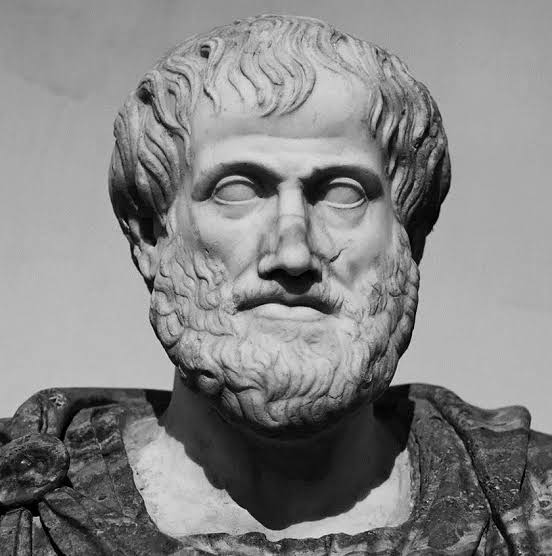A dubious theory held by some libertarians has been knocking about. It goes something like this: The claim that government-controlled land is actually unowned—and thus not properly subject to government rulemaking—would lead to consequences that reasonable people...
















